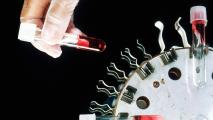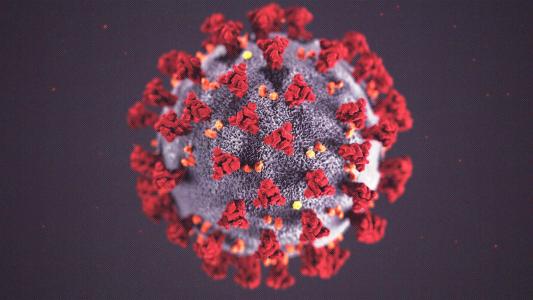The U.S. Food and Drug Administration plans to begin testing anti-malaria drug chloroquine as a coronavirus treatment, joining several other trials around the world.
President Donald Trump initially announced during a press briefing on March 19 that the FDA had approved the drug and its alternative formulation, hydroxychloroquine, as treatments for the coronavirus.
Currently, there is no approved treatment for COVID-19.
In fact, the drug is FDA approved for treating malaria, but the agency has not yet evaluated it for treating the new respiratory disease.
President Trump later said that the FDA is “continuing to study the drug,” a statement confirmed by FDA commissioner Stephen Hahn during the briefing.
“(Chloroquine) is a drug the president has directed us to take a closer look at as to whether an expanded use approach to that could be done, to actually see if that benefits patients,” Hahn said.
Chloroquine as a Coronavirus Treatment
Currently, there is no approved treatment for COVID-19, the respiratory illness caused by the novel coronavirus SARS-CoV-2.
However, research groups in China, France, and South Korea have reported promising results in trials testing the efficacy of chloroquine, a drug that has been used to treat malaria since 1944.
Research groups in China, France, and South Korea have reported promising results in trials testing the efficacy of chloroquine.
The Chinese group found that the drug showed good antiviral activity — that is, it slowed the replication of the coronavirus — during in vitro tests.
The French study, meanwhile, found a “significant association” between hydroxychloroquine treatment and the reduction or disappearance of the virus in a study involving 36 hospitalized coronavirus patients.
South Korea’s COVID-19 Central Clinical Task Force began recommending hydroxychloroquine as a coronavirus treatment as part of its official guidelines in February.
Occasionally, doctors will also prescribe chloroquine off-label as a rheumatoid arthritis treatment — just like another promising coronavirus treatment, sarilumab (brand name Kevzara).
It’s possible that the same mechanism that allows both drugs to ease arthritis symptoms — inhibition of the protein interleukin-6 — could enable them to prevent the coronavirus from triggering a potentially deadly overreaction in the immune system.
“What’s also important is not to provide false hope.”
Stephen Hahn
Previous studies have found evidence that chloroquine is highly effective at both preventing and treating SARS infections, a closely related coronavirus disease that emerged in China in 2003.
The FDA now plans to test whether chloroquine could benefit coronavirus patients in the setting of a large clinical trial.
Contributing to that effort is German pharmaceutical company Bayer, which has agreed to donate 3 million tablets of its chloroquine drug Resochin to the U.S. government.
One of Many Possibilities
While any step forward along the path to a coronavirus treatment is encouraging, Hahn was quick to temper expectations about chloroquine during the press briefing.
“What’s also important is not to provide false hope,” he said. “We may have the right drug, but it might not be in the appropriate dosage form right now, and it might do more harm than good.”
Still, chloroquine is far from the only potential treatment for the coronavirus — as Hahn pointed out, there’s an ongoing coronavirus vaccine trial taking place in Seattle and research into convalescent plasma therapy against COVID-19 is promising.
“We want to assure the American people that the FDA is all hands on deck, as the president mentioned,” Hahn said. “We remain steadfast in helping to foster the development of safe and effective therapies for COVID-19.”
Still, if chloroquine does prove effective, it could be easier than a brand-new drug to roll-out widely — because it’s been around so long, a generic form is available and relatively cheap.






